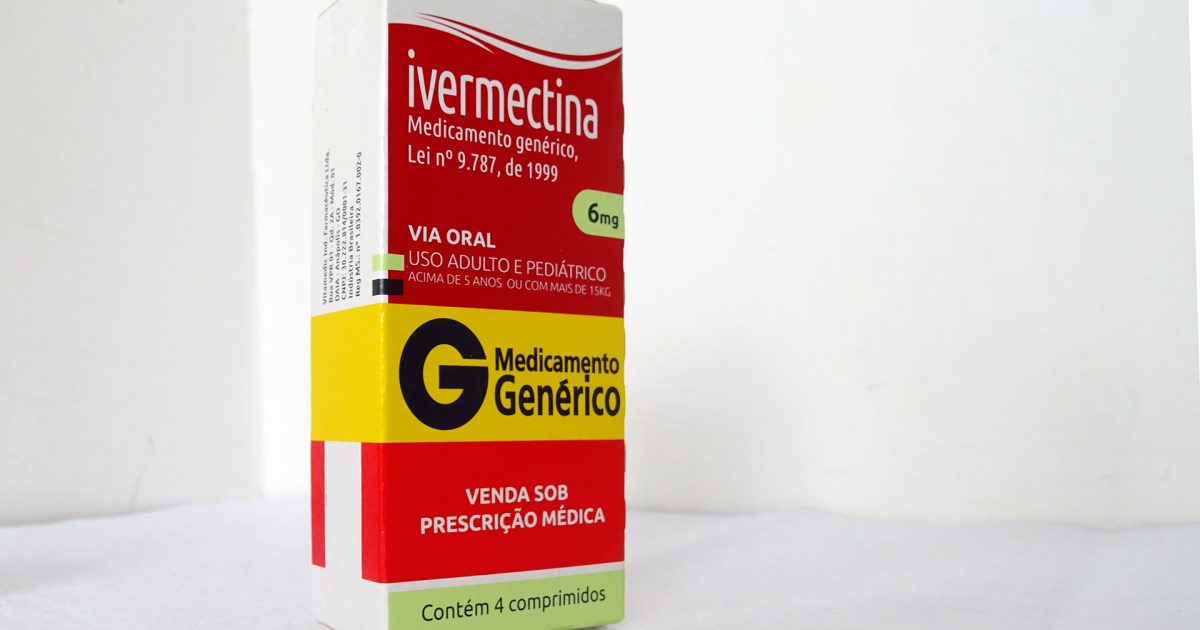A recent study found that a well-known and cheap drug can reduce Covid-19 disease deaths caused by the emerging coronavirus by 75%, while a doctor described it as a miracle cure, so what is it?
What data are available about it?
The drug is called Ivermectin, and it was discovered at the end of the seventies of the last century, and it was licensed for use in 1981, and is used to treat some helminth infections.
Ivermectin belongs to a class of drugs known as antihelmintics. It works by paralyzing and killing parasites.
In the attached video (at 2:40 minutes), Dr. Pierre Curie, while speaking before a Senate committee on December 8, appears, in which he described Ivermectin as a "miracle drug" for Covid-19, and said it was a term he did not use lightly.
The study was conducted by Andrew Hill of the University of Liverpool and others, and they analyzed a total of 18 studies in which they found that Ivermectin was associated with reduced inflammation and faster elimination of the Corona virus (the scientific name SARS Cove 2).
The study is in preprint and has not yet been subjected to peer review.
In 6 of these trials, the risk of death was reduced by 75% in a subgroup of patients with moderate to severe Covid-19.
Ivermectin is not technically an antiviral, although these results indicate that the drug may have antiviral properties, according to a report in the Financial Times.
Dr. Hill told the newspaper that the results of Ivermectin were encouraging, but that more studies are needed to provide global regulators with evidence strong enough to warrant the approvals.
He said it was a generic drug used all over the world, and it cost 12 cents to make the substance.
Resists transmission
The researchers assumed that the drug could make it more difficult for people to become ill, and make it difficult for people with the disease to transmit the infection to anyone else.
"If people who test positive for COVID-19 are treated promptly with a drug that quickly clears the virus, that could make them less contagious," Hill said.
He added, "Vaccination is essential to respond to the epidemic, but this may help reduce infection rates by making people less contagious, and it may reduce death rates by treating viral infections."
Discussion
According to a recent report on Medscape, the National Institutes of Health in the United States (NIH) dropped its recommendation against the inexpensive anti-parasitic drug Ivermectin to treat Covid-19, and the agency now advises not to recommend its use or not to use it, leaving the decision to doctors and their patients.
And according to new National Institutes of Health guidelines released last week, results from clinical trials - which are sufficiently functioning, well designed, and well conducted - are necessary to provide more specific and evidence-based guidance on the role of Ivermectin in treating COVID-19.
The NIH update disappointed members of the Front Line COVID-19 Critical Care Alliance, which outlined its case to endorse Ivermectin in a public statement on Monday.
The team of 10 doctors argued against every restriction behind the NIH decision.
The group members said that while they were grateful for the recommendation not to use the drug, a neutral approach is unacceptable, as the total deaths in the United States have exceeded 400,000 people since last spring, and are currently approaching 4,000 per day.
They say the research results are sufficient to support its use, and that the drug will instantly save lives.
"Patients don't have time to wait, and we as community health care providers don't have that time either," group members wrote.
The National Institutes of Health, which last August recommended that ivermectin not be used, invited the group to submit evidence to its treatment steering committee on January 6 to clarify the emerging science surrounding the drug, and the group pointed to rapidly growing evidence of the drug’s effectiveness. .
What do opponents say
On the other hand, other doctors believe that there is not enough data to establish a protocol for the use of the drug, and some doctors say that they will not recommend it to patients with Covid-19.
For example, Dr. Amish Adalja, an infectious disease expert and chief researcher at the Johns Hopkins University Center for Health Security in Baltimore, Maryland, told Medscape Medical News that the NIH update did not change his mind, and that he was not prescribing it to his patients.
He said that although there was "enough signal," he would like to see more data. "We haven't seen anything about a really strong study," he said.
He noted that the American Infectious Diseases Association (IDSA) has 15 recommendations for treating Covid-19, "none of which are related to ivermectin."
He added, "It is not enough to see if he is working, but we need to know who works for it and when."

